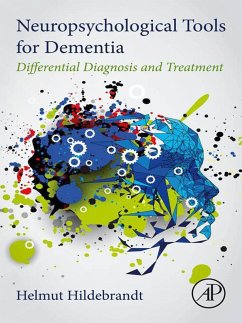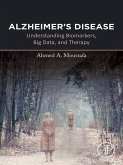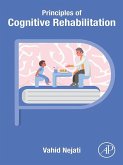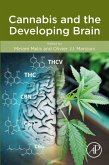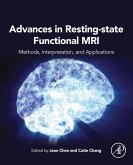Moreover, the book discusses the possibility of helping patients through neuropsychological intervention. Case studies aid in the reader's comprehension of the field, and two short guidelines for each disease's specific assessment and treatment prepare readers for handling real-life patients.
- Includes epidemiological information regarding dementia
- Demonstrates the use of neuropsychological tests and screening tools in diagnosing and differentiating patients with dementia
- Outlines which investigation strategy and neuropsychological tests work best for assessing patients for different neurodegenerative diseases
- Reviews specific interventions to slow the progress of dementia wherever possible
- Discusses the neuropathology, diagnosis and treatment of Alzheimer's disease
Dieser Download kann aus rechtlichen Gründen nur mit Rechnungsadresse in A, B, BG, CY, CZ, D, DK, EW, E, FIN, F, GR, HR, H, IRL, I, LT, L, LR, M, NL, PL, P, R, S, SLO, SK ausgeliefert werden.
"Altogether, this book provides results of several recent studies with direct implication for specific and early diagnosis of neurodegenerative diseases. The main goal is to provide knowledge as well as to deal with practical questions of assessment and treatment. Well-advanced students, as well as clinical neuropsychologist new to the field or experienced can profit from this very well written book." --Dr. Carina Sander-Sandersfeld (MSc. Neurocognitive Psychology); Dr. Nergiz Turgut (MSc. Neurocognitive Psychology)
"Overall, purchasing the book can be advised undoubtedly for all clinical neuropsychologists who preferably have at least some scientific background and who are familiar in dealing with scientific research. It will be useful both for professional development and as a reference book." --Neuropsychological Rehabilitation
"Perhaps the single most outstanding feature of Hildebrandt's book is the strong integration of a decades-long clinical experience with a rich program of theory-based investigations, using behavioral, anatomical, and functional data." -- Dr. Paul Eling, Emeritus Associate Professor of Neuropsychology, Donders Institute for Brain, Cognition and Behaviour, Radboud University, Nijmegen, The Netherlands

